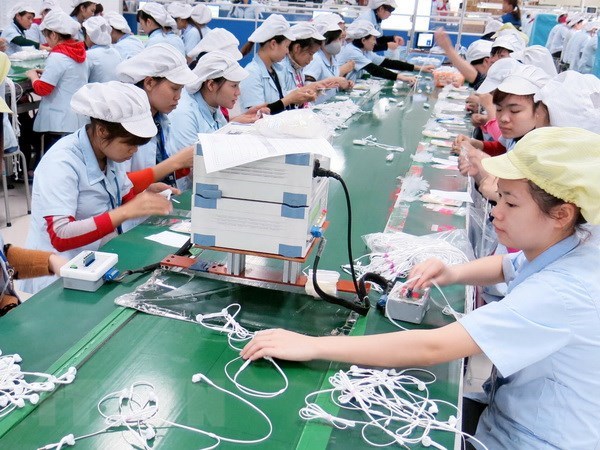 |
|
|
The company polled 172 enterprises in various sectors in March-April for the survey on HR practices to cope with the pandemic.
The estimated changes in HR budgets will vary by industry ranging from below 10 percent in consumer goods to 20-30 percent in manufacturing and technology.
Among companies that will allow employees to temporarily stop working due to insufficient work, 54 percent will pay salaries based on mutual agreement but not less than the regional minimum wage.
Nineteen percent will continue to pay the old salary but require employees to use up their annual leave, 9 percent will pay the old salary and will not require workers to take leave and 17 percent have other solutions.
More than half the businesses expected 2020 revenues to decrease, with those selling essential goods and pharmaceuticals being among the exceptions.
The COVID-19 pandemic is also providing an opportunity for businesses to transform their way of working and accelerate digital transformation.
Eighty seven percent of companies have adopted a work-from-home policy, including in some industries that had not previously countenanced the concept.
This has caused managers at all levels to quickly change their mindset.
Employee empowerment, which had inherent barriers until now, has suddenly become the only solution for effective management. Internal communication is promoted through various channels to maintain cohesion and employee performance. The most common concern of HR executives now is how to increase efficiency and how to optimise employment costs.
Despite the difficult and challenging situation, the survey respondents still clearly realise that "Employees are the company's most valuable asset" and have careful compensation policies and health protection solutions for their employees, Talentnet said./. VNA
 If the COVID-19 situation worsens, 75 percent of companies will seek to cut human resource costs, a recent survey by HR consulting firm Talentnet Corporation has found.
If the COVID-19 situation worsens, 75 percent of companies will seek to cut human resource costs, a recent survey by HR consulting firm Talentnet Corporation has found.